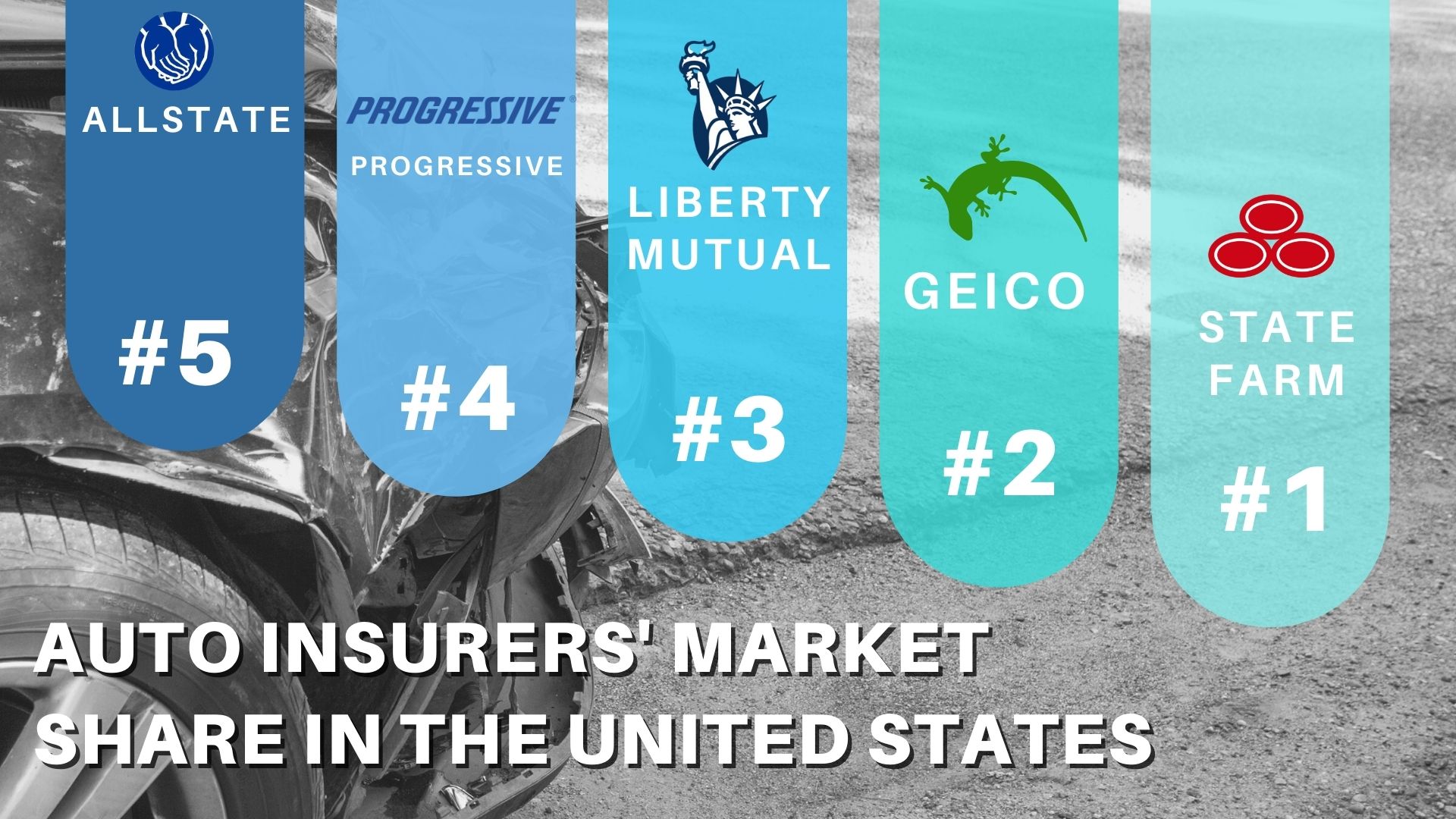Our lawyers handle serious personal injury accident claims. Although we do not charge a fee for handling property damage claims for our injured clients, we almost invariably are drawn into property damage claims, many of which involve total loss to the vehicle.
When Is a Car in Maryland Considered Totaled?
In Maryland, a car is considered to be a total loss when the cost of repairing the damage exceeds 75% of its value. This is due to the state’s total-loss threshold, which is a percentage set to determine when a vehicle is considered a total loss. If the repair costs are more than the total-loss threshold, the insurance company will classify the car as totaled.
What Is Total Loss Only (TLO)?
What Is Total Loss Only? TLO stands for Total Loss Only, which is a term commonly used in insurance investigations. The TLO designation is used to describe a vehicle that has been involved in an accident and is deemed to be a total loss due to the cost of repairs exceeding the actual value of the vehicle. In other words, the insurance company has determined that it would be more cost-effective to declare the vehicle a total loss rather than repair it. The TLO designation is important in insurance investigations as it can impact the amount of compensation an individual is eligible to receive for their vehicle after an accident.
What Is Insurers Obligation When a Car Is Totaled?
What exactly is the insurance company obligated to pay for a total vehicle loss in Maryland, i.e., when the car is totaled?
Maryland Insurance Regulation COMAR 31.15.12.04, titled “Cash Settlement” is on point. It requires that:
If an insurer elects to make a cash settlement for the total loss of a motor vehicle pursuant to Regulation .03 of this chapter, the insurer’s minimum offer, subject to applicable deductions, shall be:
A. The total of:
(1) The retail value for a substantially similar motor vehicle from a nationally
recognized valuation manual or from a computerized data base that produces
statistically valid fair market values for a substantially similar vehicle as defined
in Regulation .02B(7) of this regulation; and
(2) Regardless of whether the claimant retains salvage rights, the applicable
taxes and transfer fees pursuant to COMAR 11.11.05; or
B. The total of:
(1) A quotation for a substantially similar motor vehicle obtained by or on behalf
of the insurer from a qualified dealer at a location reasonably convenient to the
claimant; and
(2) Regardless of whether the claimant retains salvage rights, the applicable
taxes and transfer fees pursuant to COMAR 11.11.05.
Unlike personal injury claims where insurance companies are remarkably prone to unreasonable positions as to value, most insurance companies play the value of a totaled car or truck pretty straight and pay the bluebook and associated costs. Do they all?
How Much Will My Insurance Pay for My Totaled Car?
The amount that insurance will pay for a totaled car depends on various factors such as the current market value of the vehicle, the make, model, and condition of the car, and the policy coverage. The insurance company will typically use industry standard resources such as the Kelley Blue Book or the National Automobile Dealers Association (NADA) Guide to determine the value of the vehicle. If the policyholder has collision coverage, the insurance company will pay the policyholder the actual cash value of the vehicle up to the policy limits, minus any applicable deductible.
If the policyholder only has liability coverage, the insurance company will not pay for the value of the totaled car. In that case, the policyholder would need to seek compensation from the responsible party’s insurance company if they were at fault. What if the driver is at-fault for the crash and does not have liability coverage? What do you do then? That driver is out of luck.

What Is Total Loss Only (TLO)?
TLO stands for Total Loss Only, which is a term commonly used in insurance investigations. The TLO designation is used to describe a vehicle that has been involved in an accident and is deemed to be a total loss due to the cost of repairs exceeding the actual value of the vehicle. In other words, the insurance company has determined that it would be more cost-effective to declare the vehicle a total loss rather than repair it. The TLO designation is important in insurance investigations as it can impact the amount of compensation an individual is eligible to receive for their vehicle after an accident. [/sc_fs_faq]
Who Gets the Insurance Check When a Car Is Totaled in Maryland?
The insurance check for a totaled car typically goes to the owner of the vehicle and the lienholder, if there is one. The check will be made payable to both parties, and they will need to endorse it and provide it to the dealership or repair shop to receive payment for the car’s value. If the car is still under financing, the lienholder will use the insurance check to pay off the remaining balance on the loan. If the car is fully paid off, the owner will receive the full amount of the insurance check. It’s important to note that the amount the insurance company will pay for a totaled car may not be the same as what the owner owes on the loan or what the car was worth.
 Maryland Accident Lawyer Blog
Maryland Accident Lawyer Blog

